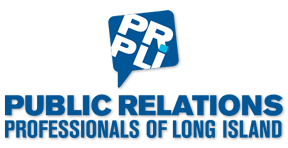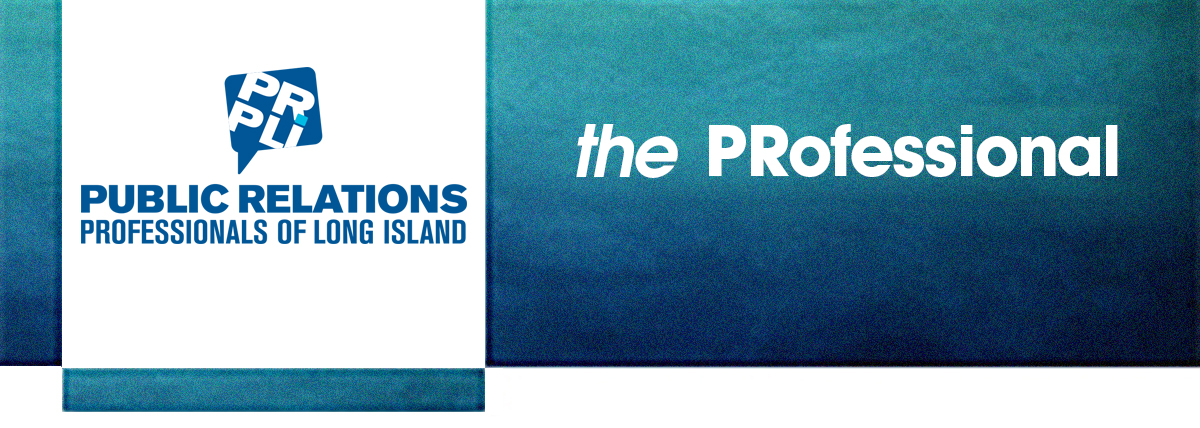By Edie Reinhardt, RDT Content Marketing
 One moment everything is fine; next your company is facing a crisis. It could be a sexual harassment claim, food poisoning, labor strike, data breach, crime or accident on your property or any number of other possible bad situations that can affect your business. When a crisis hits, the news media is often not far behind. In PRPLI’s February program on Crisis Communications, a panel of experts shared practical tips on how to prepare for and mitigate negative media coverage from a crisis.
One moment everything is fine; next your company is facing a crisis. It could be a sexual harassment claim, food poisoning, labor strike, data breach, crime or accident on your property or any number of other possible bad situations that can affect your business. When a crisis hits, the news media is often not far behind. In PRPLI’s February program on Crisis Communications, a panel of experts shared practical tips on how to prepare for and mitigate negative media coverage from a crisis.
Despite different backgrounds in the business, education, healthcare and utility sectors, the panelists stressed many of the same points. No matter your business, best practices include the following:
Have a plan. Larger organizations typically have a “binder” which outlines who is on the crisis communications team, the roles of team members, steps for message development, contact information for the media, pre-approved messages and other pertinent information. The plan should be reviewed and updated regularly and should be in electronic format so that necessary personnel have access to it even if they can’t get to the office.
Smaller businesses may not need a binder but should consider what are the necessary steps to take in the event of a crisis. They should outline what they would do in different types of situations and assign roles and responsibilities (i.e., who oversees internal and external communication).
Train for it. Practice the plan (do crisis drills) to make sure you’ve covered as many scenarios as you can. Provide media training in advance to those likely to be making statements to reporters or the public. Also train employees and security guards in how to deal with media on private property and ensure they notify management if media is present.
Build good relationships with the media in advance. The media is not your enemy. If you have a solid relationship with journalists beforehand it helps in a crisis. They will trust that you will be helpful and provide information on a timely basis. (Remember reporters have strict deadlines.) In return, you are more likely to get notice they are coming to your property and have additional opportunities to present your side.
Don’t answer more than you know. It is fine to say that you don’t have information at the moment. Do not speculate about what may have occurred. Simply state you will provide more details as available (aka “a standby statement”) and then give regular updates. Although you must make some response, always be mindful of potential legal liability. Don’t speak “off-the-record” unless the media contact has confirmed before you start speaking that it is off-the-record. Even then be careful.
You can’t plan for every scenario, but you can be proactive in preparing for and responding to a crisis.
Thanks to our Moderator Bill Corbett, Jr., President, Corbett Public Relations, Inc. and our expert panelists Tim Kelchner, Good Samaritan; Angela Marshall, Nassau BOCES; David Gaier, PSEG; and Nicholas Scibetta, Stony Brook University.
Member News:
Congrats to past PRPLI President and continuing member, Louise Cassano! Louise received an award from the SCOPE Education Services in appreciation for outstanding service to the Levittown School District. In addition, she was the recipient of an award from American Legion Post 1711 in appreciation of her community activism and leadership in neighborhood organizations (i.e. Levittown Chamber of Commerce, Lions Club, Levittown Community Action Coalition and Levittown Community Council).
If you are a PRPLI member with news to share or would like to write for our blog, contact us at info@prpli.org.
What’s your story?
We’re accepting blog posts from PRPLI members.
Send your blog to info@prpli.org with subject: “The PRofessional Blog Post.”








